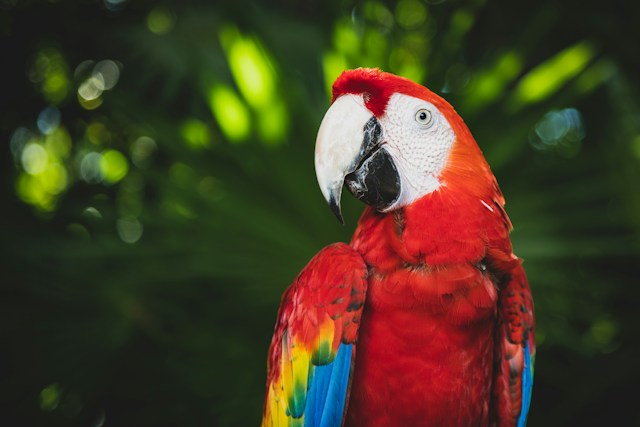Introduction:
Parrots, known for their vibrant plumage and intelligent personalities, are usually associated with affectionate companionship. However, just like any other pet, parrots can display a range of behaviors, and some individuals may exhibit aggression under specific circumstances. In this blog post, we’ll explore the intriguing world of parrots and shed light on six species that are known for their more assertive and sometimes challenging behavior.
- African Grey Parrot (Psittacus erithacus): While African Grey Parrots are renowned for their exceptional intelligence and ability to mimic speech, they can also be prone to aggression, particularly during hormonal periods. These parrots may become territorial and protective of their space, displaying signs of aggression such as biting or lunging.
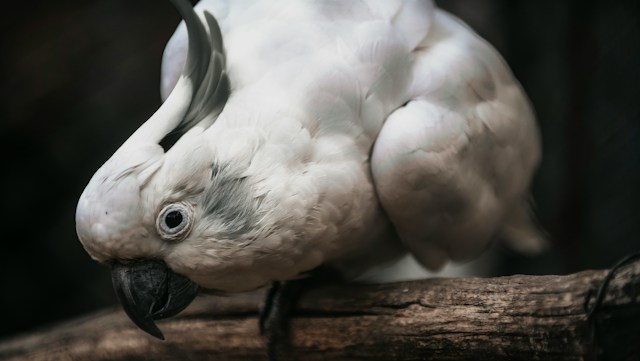
- Cockatoo (Cacatuidae family): Cockatoos, with their charismatic crests and affectionate nature, can also exhibit aggression, especially if they are not provided with enough mental stimulation and social interaction. Some species, like the Sulphur-crested Cockatoo, may become territorial and display aggressive behaviors if they feel threatened.
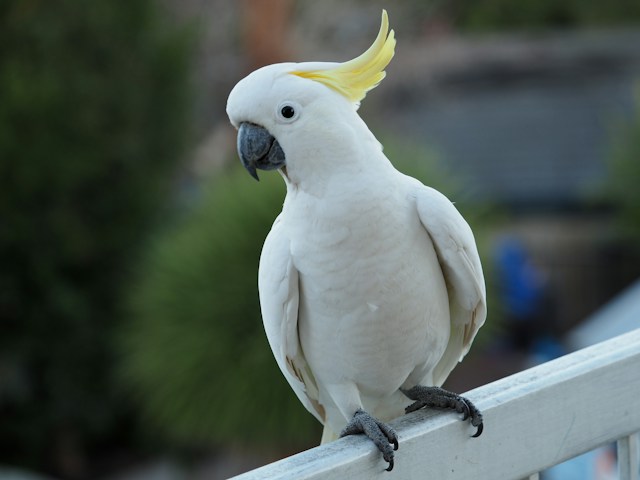
- Amazon Parrot (Amazona genus): Amazon Parrots are known for their vibrant colors and outgoing personalities, but they can be territorial and possessive. During hormonal phases, they may become more aggressive, and their strong beaks can deliver powerful bites. Proper training and socialization are crucial to manage their behavior.
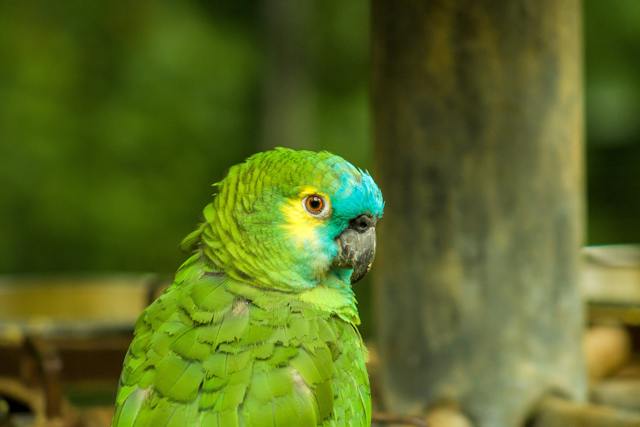
- Eclectus Parrot (Eclectus roratus): The Eclectus Parrot is visually stunning with its vibrant plumage, but it can be prone to territorial aggression, especially during breeding seasons. This species requires careful handling and socialization to prevent aggressive tendencies from developing.
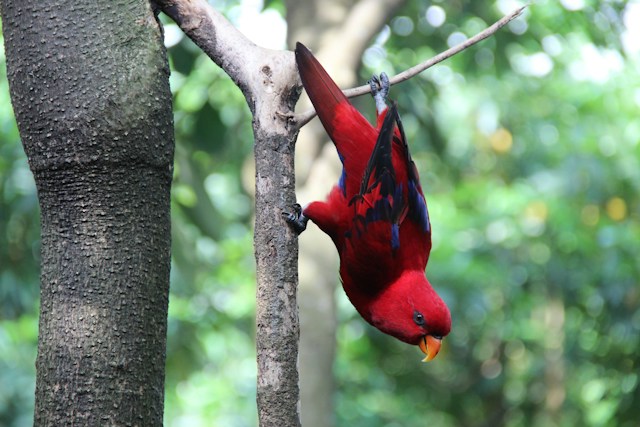
- Conure (Aratinga and Pyrrhura genera): Conures are a diverse group of parrots known for their playful and energetic demeanor. However, some species, like the Sun Conure, can become territorial and display aggressive behavior, especially if they feel threatened or insecure.
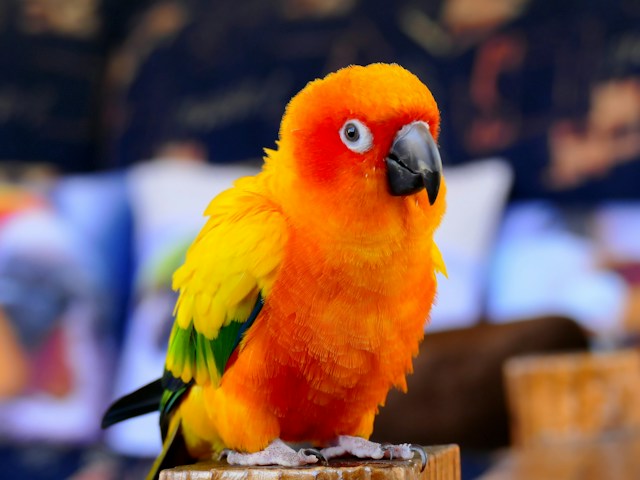
- Macaw (Ara genus): Macaws are iconic for their large size and brilliant colors, but certain species, such as the Blue-and-Gold Macaw, can be prone to aggression. These parrots may become possessive of their owners or territory, leading to potential behavioral challenges.
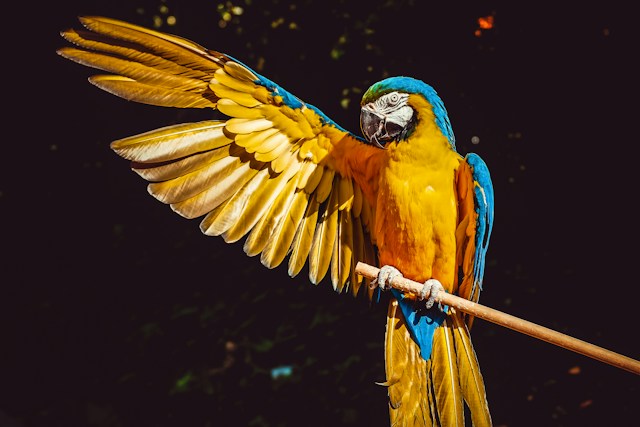
Understanding and Managing Aggression:
It’s essential to note that aggression in parrots is often a result of factors such as hormonal changes, lack of socialization, fear, or stress. Proper care, socialization, and consistent training are crucial in preventing or managing aggressive behaviors in parrots. Providing mental stimulation, a balanced diet, and a secure environment can contribute to a happy and well-adjusted parrot.
Conclusion:
While some parrot species may have a reputation for displaying aggression, it’s essential to approach each individual bird with an understanding of its unique personality and needs. Parrots thrive on positive interactions, mental stimulation, and a loving environment. If you’re considering bringing a parrot into your home, research the specific needs and behaviors of the species to ensure a harmonious relationship between you and your feathered friend.
